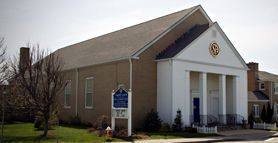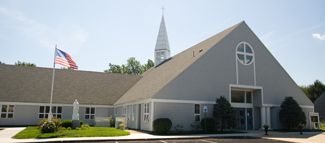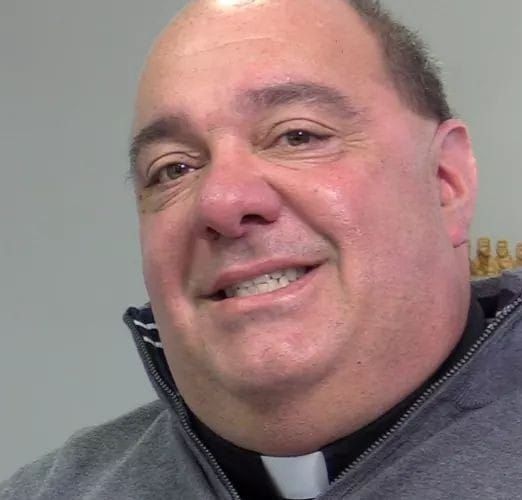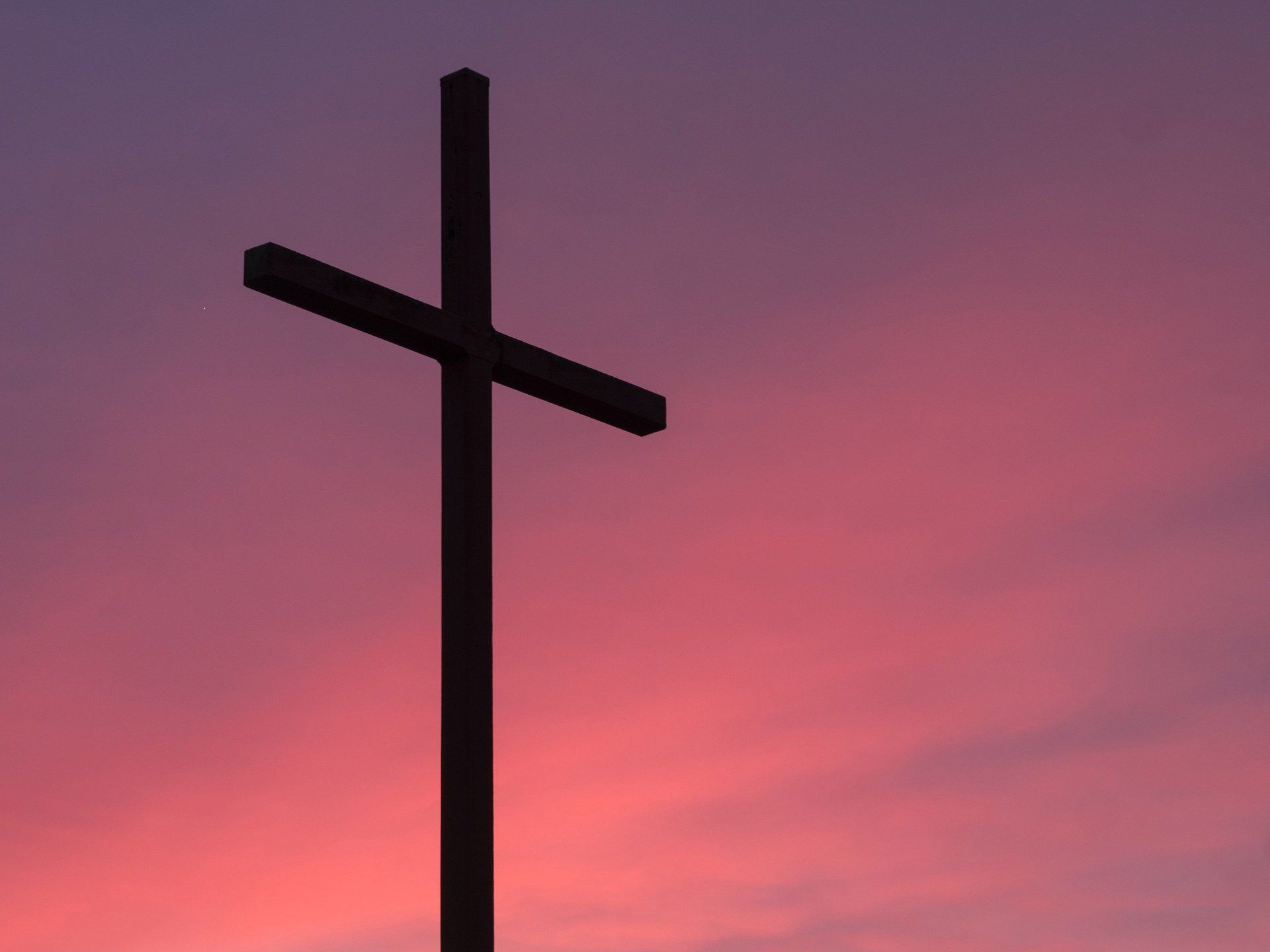Saint Ann by the Sea

587 Ocean Street, Marshfield
781-834-4953
Our Lady of the Assumption

40 Canal Street, Marshfield
781-834-6252
Parish Office Location and Mailing Address: 40 Canal Street, Marshfield, MA 02050
Office hours: Monday-Thursday 9:00a-1:00p
A message from Father Paul

Please watch the video from Father Paul updating the direction of the Collaborative of St. Ann by the Sea and Our Lady of the Assumption as we move forward.
2024 Catholic Appeal
Once a year, Catholics throughout the Archdiocese are asked to partner with one another to support their parish and the many outreach ministries by contributing to the Catholic Appeal. Many of you have received a letter from Cardinal Seán requesting your participation and early support of the 2024 Appeal. We hope that you will respond to his invitation with a generous gift, knowing that each contribution has a significant impact on the lives of thousands across the Archdiocese. You can make a gift by selecting the link to make an online donation at www.bostoncatholicappeal.org . For those who have already made a gift, thank you for your early support! The Appeal is a primary means by which we care for our brothers and sisters and move forward in our faith together. Please take a moment to watch the video below from Cardinal Seán.
Loving Christ, Loving Others
Mass Times
Saturday Vigil: 4:00pm at St. Ann
Sunday: 7:30am at St. Ann
8:30am at OLA
9:30am at St. Ann
10:30am at OLA
5:30pm at OLA
Daily Mass:
Monday, Tuesday, Wednesday, Friday & Saturday: 8am at OLA
Lenten Mass:
6:00p Monday nights at St. Ann by the Sea
EASTER SCHEDULE
Morning Prayer
Thursday, Friday, & Saturday 8:00a at OLA (in place of daily Mass)
Wednesday,
7:00p Tenebrae at St. Ann by the Sea
Thursday
7:00p Mass of the Lord's Supper at OLA
- Procession of Eucharist to St. Ann immediately following Mass
Friday
The Passion of the Lord
- 3:00p at St. Ann by the Sea
- 7:00p at OLA
Saturday
7:30p Easter Vigil at St. Ann by the Sea
Sunday
7:30a St. Ann by the Sea
8:30a OLA
9:30a St. Ann by the Sea
10:30a OLA
No 5:30p Mass
Confessions:
Saturday: 8:45-9:30am at OLA
3:00-3:30pm at St. Ann
Eucharistic Adoration:
Friday: 8:30-9:00am at OLA
Confessions during Lent:
Tuesday at 6:30pm with Adoration at OLA
Upcoming Events
-
Formed Program
Visit www.formed.org to register for this FREE program. You will be prompted to put in our ZIP Code and select Our Lady of the Assumption in Marshfield, MA. This program offers streaming services and digital books for all ages.
-
Registration for Faith Formation
Registration is now open for Summer and Fall Faith Formation Programs. Select the Religious Education page under Parish Life menu. Online forms are available for each grade grouping.

And Jesus came and said to them, 'All authority in heaven and on earth has been given to me. Go therefore and make disciples of all nations, baptizing them in the name of the Father and of the Son and of the Holy Spirit, teaching them to observe all that I have commanded you; and lo, I am with you always, to the close of the age.'
Matthew 28: 18-20 (RSV-CE)
Give online to the work of the Church
DONATE
Send us a Message
We will get back to you as soon as possible
Please try again later









